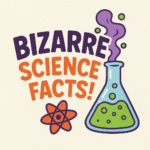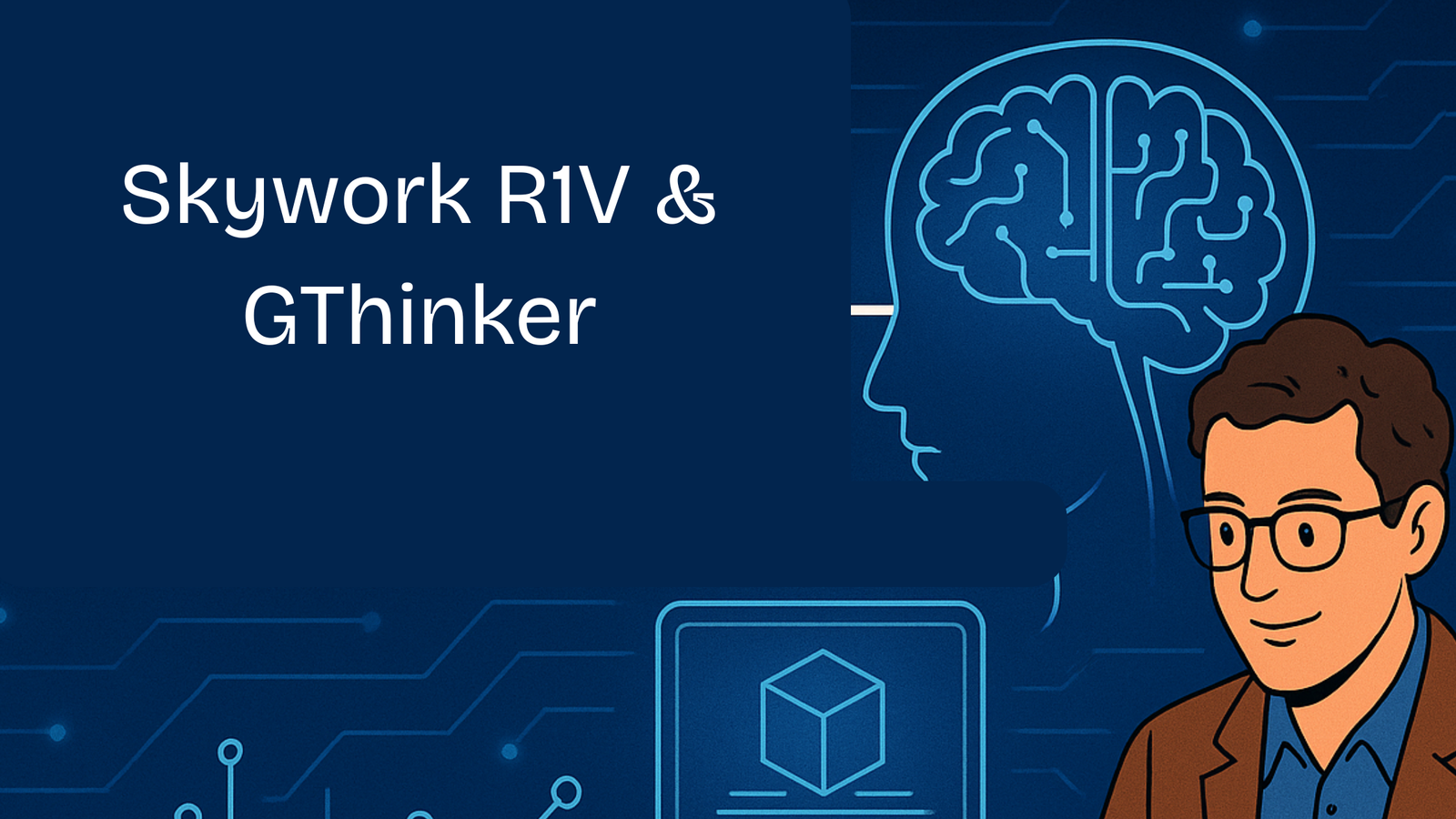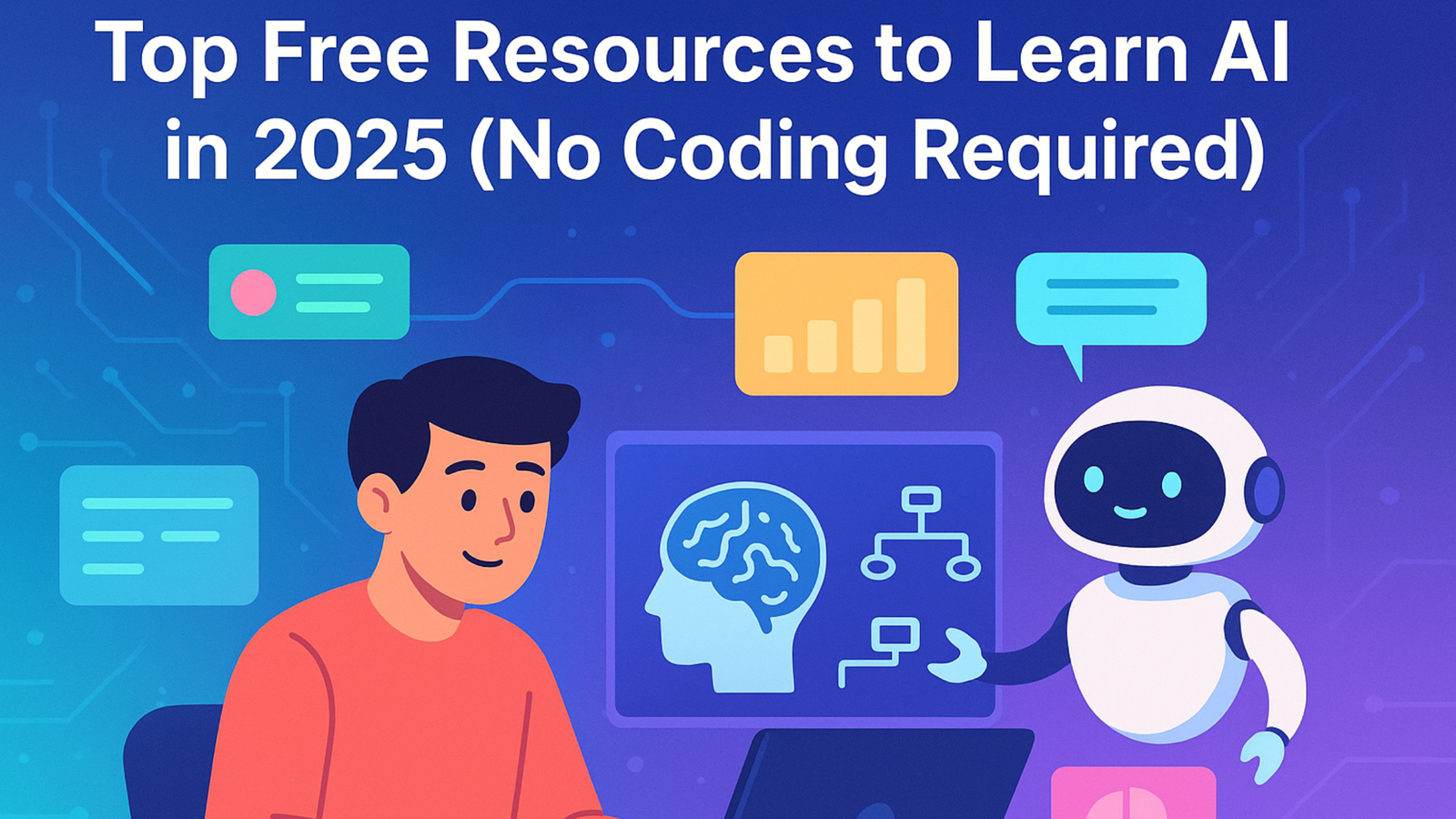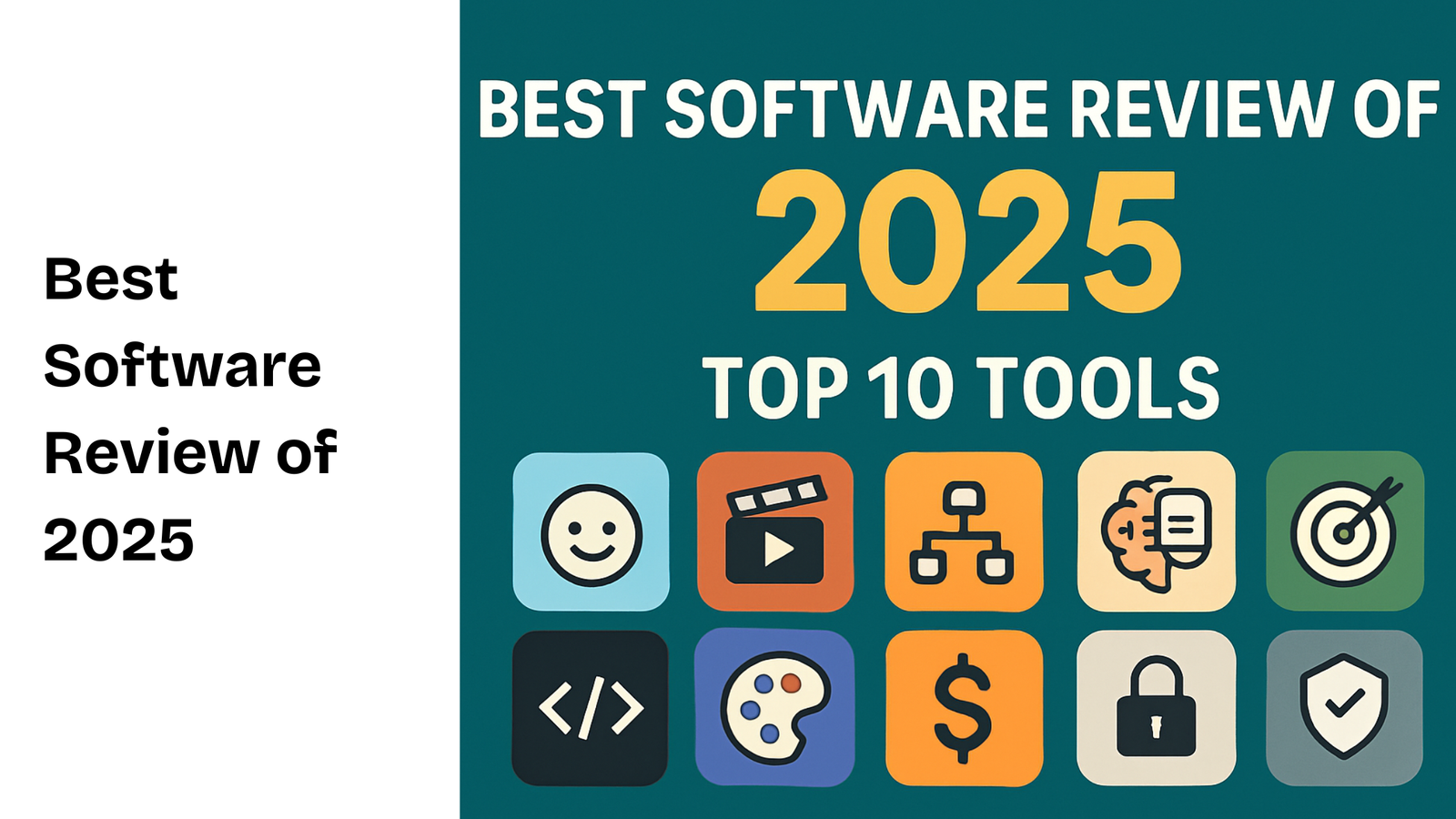Quantum computing stands poised to redefine the boundaries of what technology can achieve, promising breakthroughs in science, industry, and everyday life. As we push into the second half of the 2020s, the momentum behind quantum advancements is unmistakable. Tech titans, academic labs, and ambitious startups converge on one goal—to crack the code of quantum supremacy. But what does this mean, and why does it matter for innovators, businesses, and society at large?
In this comprehensive guide, we’ll explore:
- Quantum computing’s evolution and principles
- The biggest breakthroughs as of 2025
- Real-world use cases poised for disruption
- Key challenges, ethical implications, and the road ahead
- How quantum relates to other frontiers like AI and the “Multimodal Chain-of-Thought” paradigm
What Is Quantum Computing? A Primer
Traditional computers use bits (0s and 1s) as their basic unit of information. Quantum computers, in contrast, utilize qubits, which can exist as 0, 1, or both simultaneously due to a phenomenon called superposition. Additionally, qubits can be entangled, meaning their states are interdependent even when separated by vast distances.
This quantum weirdness allows quantum computers to process information at scales inconceivable for classical systems, making them exceptionally suited for certain problems such as factoring large numbers, simulating molecules, and optimizing complex systems.
Learn more: IBM Explains How Quantum Computing Works
Visualization: QuTech Interactive Quantum Demo
Quantum Computing Breakthroughs in 2025
1. Surpassing 1,000 Qubits: Hardware Milestones
As of 2025, several companies have demonstrated quantum processors exceeding 1,000 high-quality qubits, a leap from the dozens available just a few years ago. IBM, Google, and startups like IonQ and Rigetti have showcased hardware with increasingly stable, error-resistant qubits—a crucial benchmark for meaningful computation.
The race is now to both increase qubit count and improve “quantum volume,” which measures coherence, connectivity, and error rates.
2. Quantum Error Correction: Cracking the Noise Barrier
Quantum computers are notoriously sensitive to “noise”—environmental factors that disrupt calculations. Recent breakthroughs involve practical quantum error correction methods, such as surface codes, enabling useful calculations on real devices for the first time. Microsoft, for example, announced new logical qubit architectures that greatly extend computation time before errors accumulate.
3. Quantum Advantage in Chemistry & Materials
For the first time, quantum computers have simulated real-world molecular reactions with accuracy unattainable by classical methods. Pharmaceutical giants are leveraging this to model new drugs and catalysts in record time, potentially disrupting the $1 trillion global chemical industry. mckinsey
4. Secure Cryptography in a Quantum Age
Quantum computation threatens current encryption methods, but it also offers new cryptographic tools such as Quantum Key Distribution (QKD). In 2025, several banks and governments have begun piloting QKD networks to protect sensitive information against future quantum-enabled breaches.
5. Cloud-Based Quantum and Hybrid Systems
Companies can now access quantum processors remotely via “quantum cloud” offerings. Hybrid solutions—where classical and quantum processors collaborate—are bringing quantum acceleration to business, logistics, and scientific research.capgemini
External Link: Amazon Braket: Cloud Quantum Computing
More: Hybrid Quantum-Classical Computing (IEEE Spectrum)
Real-World Applications Taking Off
Drug Discovery & Healthcare
Pharma companies are simulating drug-target interactions at the quantum level, bringing tailored medicines and therapies to market faster.
- More accurate protein folding predictions
- Complex molecule discovery for rare diseases
- Improved modeling for vaccine design
Financial Optimization
Quantum algorithms are solving optimization problems, such as portfolio balancing and fraud detection, far quicker than classical models.
Sustainability & Energy
Quantum-powered simulations are spearheading breakthroughs in battery technology, solar cells, and efficient chemical processes, aiding in the fight against climate change.
Advanced AI & Multimodal Chain-of-Thought
One of the most exciting intersections is quantum computing’s synergy with advanced AI models. As discussed in When AI Thinks in Steps: Skywork R1V & GThinker—The New Frontier in Multimodal Chain-of-Thought, quantum hardware may supercharge multimodal AI models, enabling them to reason, plan, and act with leaps in efficiency and insight compared to today’s silicon-bound architectures.
- Solving exponentially complex AI reasoning tasks
- Enhancing multimodal learning (text, vision, logic, etc.)
- Real-time, stepwise decision systems for robotics, logistics, and science
Key Challenges and Ethical Implications
Despite breathtaking progress, several hurdles remain:
Error Rates and Scalability
Quantum error rates are still significant. Achieving “fault-tolerant” quantum computing, where errors are automatically corrected faster than they accumulate, is a central focus. Quantum hardware requires extreme conditions, such as near-absolute zero temperatures, posing engineering challenges.
Talent and Accessibility
Quantum computing expertise is highly specialized and in short supply. Democratizing access—through education, simulation tools, and cloud platforms—is crucial for widespread adoption.
External Resource: Get Started with Quantum Computing (Qiskit by IBM)
Security and Post-Quantum Cryptography
As quantum computers threaten traditional encryption, urgency grows to upgrade critical infrastructure for “post-quantum” security. The transition may be expensive and complex for governments and businesses globally.
Ethical and Societal Impacts
Quantum technologies raise big questions:
- Who will control quantum-powered intelligence?
- Could quantum-accelerated AI outpace human oversight?
- How do we ensure global accessibility and equity?
The Road Ahead: What’s Next for Quantum Computing?
1. Fault-Tolerant Quantum Machines
Experts predict the first fault-tolerant, commercially available quantum computers by 2027–2030, unlocking applications previously beyond reach.
2. Quantum Networking and Internet
Linking quantum computers via entangled photons will give rise to ultra-secure, global quantum networks—ushering a true “quantum internet.”
3. Cross-Disciplinary Supermodels
Quantum’s integration with AI, Internet of Things, and blockchain will catalyze new classes of applications: self-organizing supply chains, secure autonomous vehicles, and unforeseen inventions.
4. Widespread Industrial Adoption
As quantum computers move from labs to cloud services, industries from chemicals to logistics, finance to pharmaceuticals, will rethink their approaches to research, design, and security.
How to Prepare and Get Involved
- Stay Informed: Follow the latest from IBM Quantum, Google Quantum AI, and Microsoft Azure Quantum.
- Experiment: Try quantum programming with open-source kits like Qiskit or Cirq.
- Upskill: Free courses are available from Quantum Country and edX.
- Collaborate: Join international hackathons or local meetups (check Meetup: Quantum Computing).
Conclusion: A Quantum Leap Into Tomorrow
With every year, quantum computing advances from theory to transformative impact. Breakthroughs in hardware, error correction, and applications signal a future where quantum is not “just around the corner”—it’s arriving.
The intersection of quantum with fields like AI, especially as outlined in When AI Thinks in Steps: Skywork R1V & GThinker—The New Frontier in Multimodal Chain-of-Thought, promises to unleash even greater leaps in machine reasoning, scientific discovery, and solutions to the world’s most pressing challenges.
By following, experimenting with, and preparing for this revolution, you position yourself and your business on the cutting edge. Quantum is not science fiction—it’s the next foundation for digital progress.
This guide is for educational and informational purposes. For technical consulting, reach out to a qualified quantum technology specialist.









